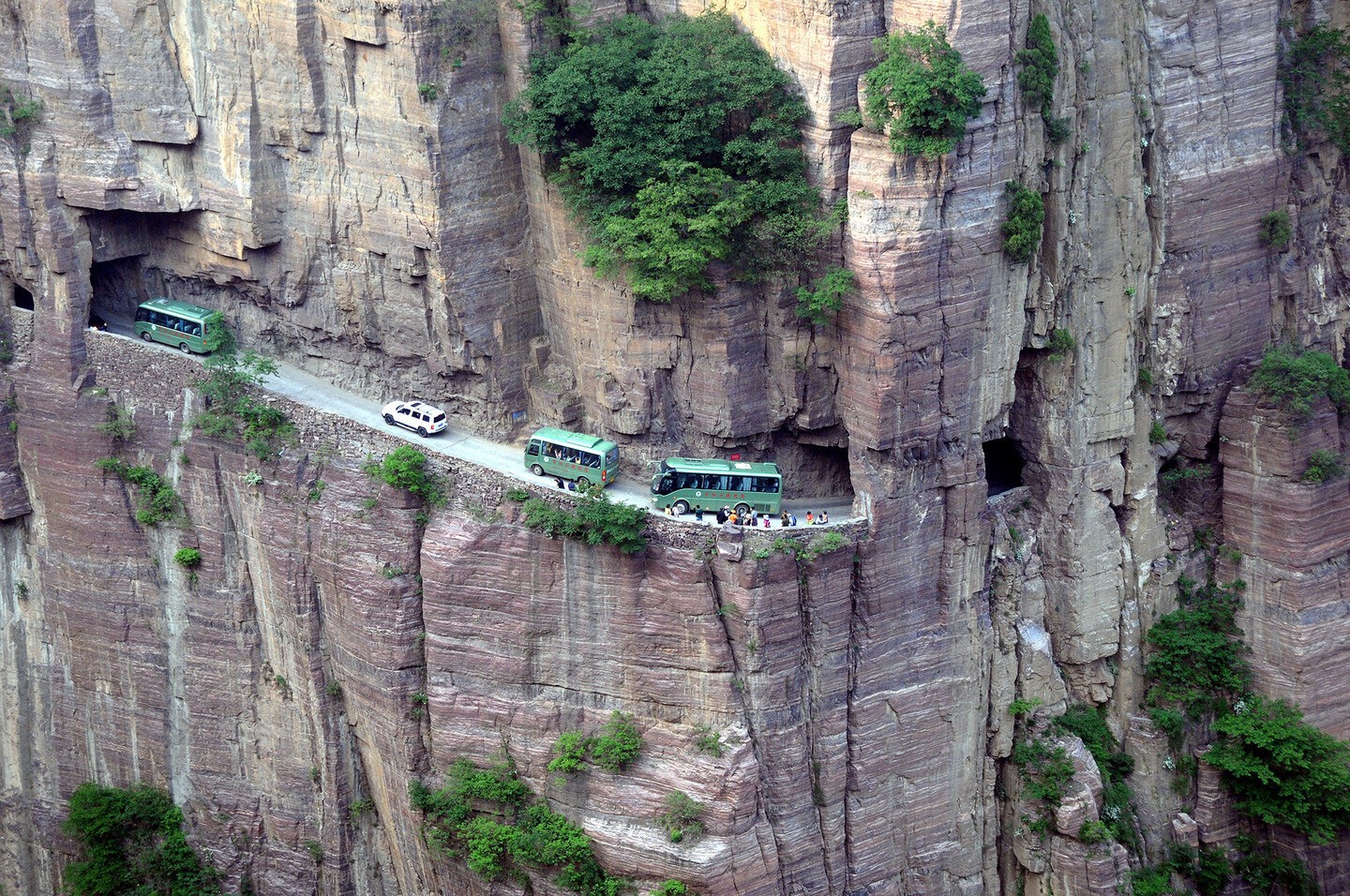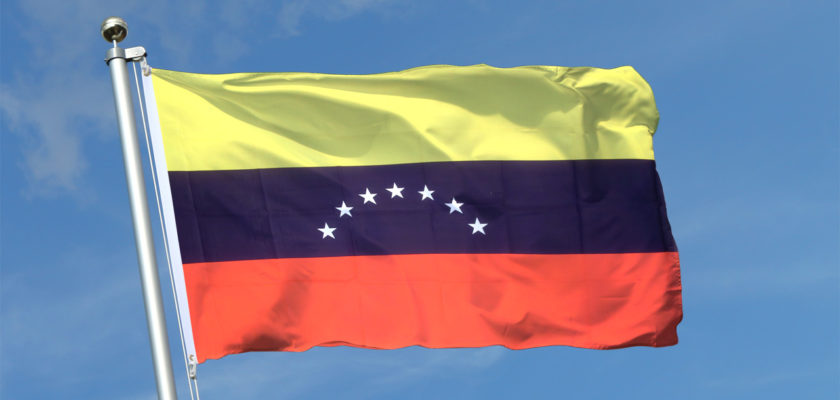The most interesting facts about Venezuela include the world’s tallest waterfall, megadiverse flora and fauna and an everlasting storm.
Venezuela has one of the world’s highest number of gun deaths. In 2016 it was the 6th highest, making it one of six countries that make up over 50% of the world’s firearm-related deaths.
The Venezuelan flag includes the tricolour initially adopted by Gran Colombia along with an arc of stars that represent the original provinces. It also includes a coat of arms that features a wheatsheaf, a horse, tools, weapons, flags, two cornucopia and branches of laurel and palm bound by ribbon.
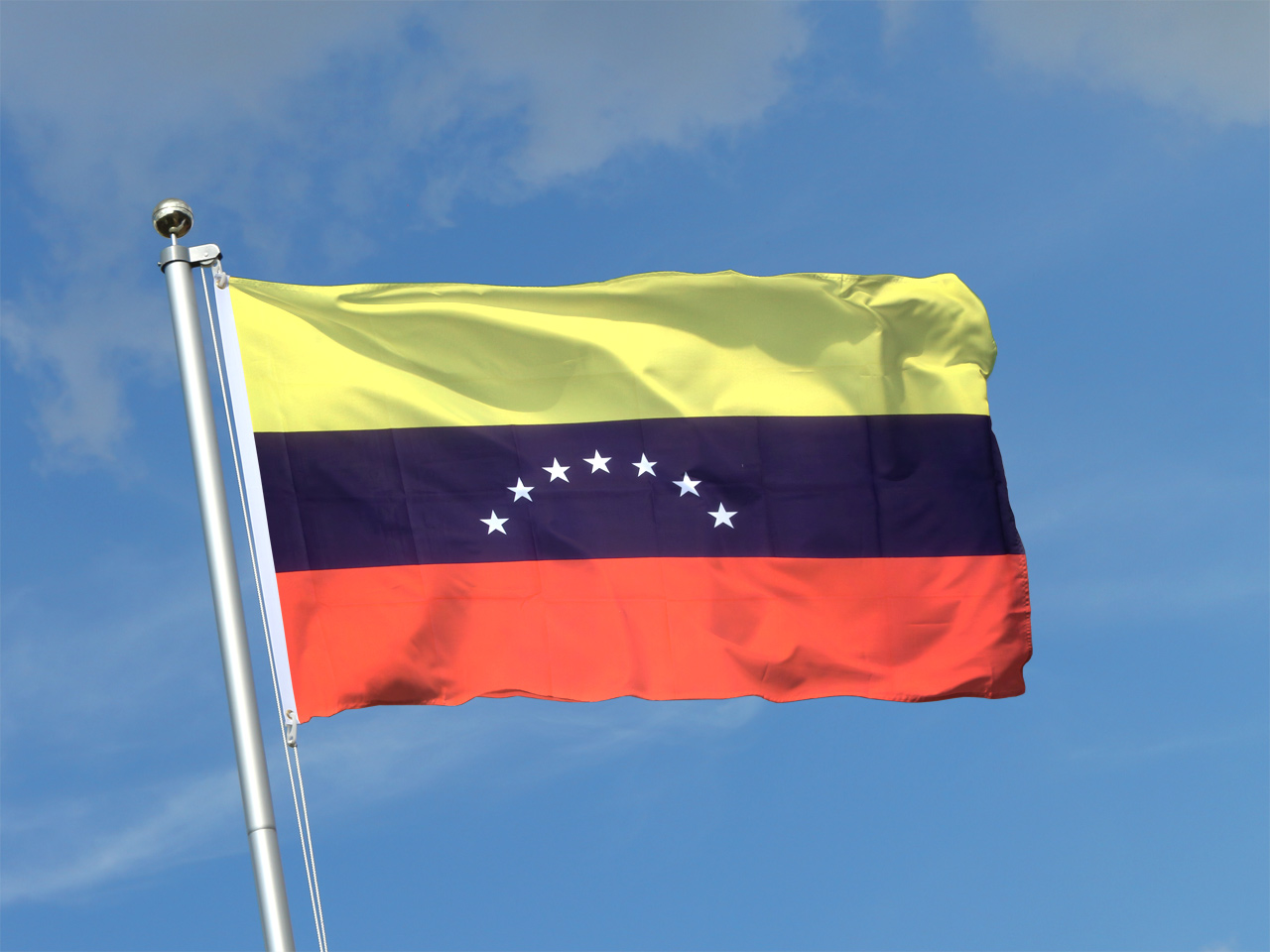
Before colonisation, Venezuela was inhabited by the Carib, Arawak and Chibcha peoples. There is evidence of human habitation in Venezuela going back more than 10,000 years.
Venezuela has the world’s tallest waterfall. Angel Falls has a height of 979m (3,212ft) and a drop of 807m (2,648ft).
Modern Venezuela was one of three countries created in 1830 following the collapse of Gran Colombia, the short-lived republic (1819–30) created by revolutionary Simón Bolívar. It included the territories of present-day Colombia, Venezuela, Ecuador and Panama as well as parts of northern Peru, western Guyana and northwest Brazil.
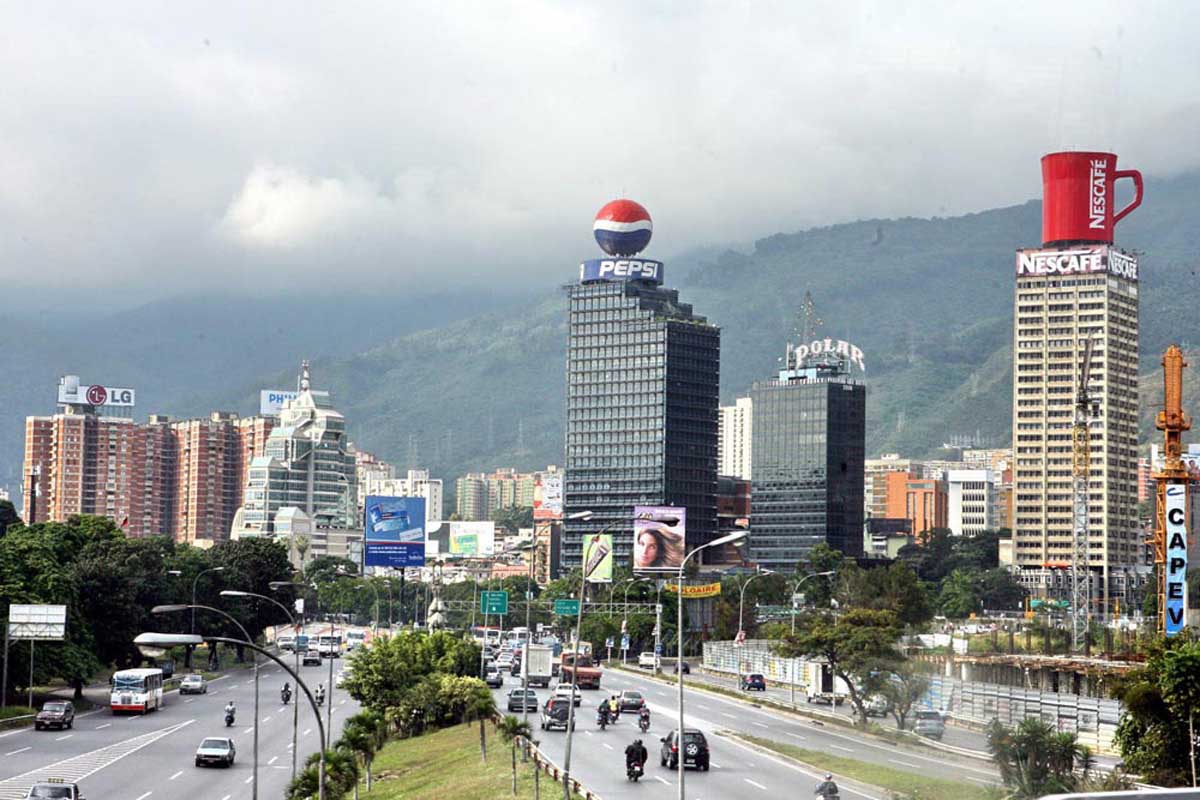
In 1498, during his third trip to South America, Christopher Columbus became the first European to set foot in what is now Venezuela. European explorers named the region Venezuela “Little Venice”.
Venezuela is thought to have the world’s largest oil reserves at 303.2 billion barrels (17.9% of the world’s total) as well as large amounts of coal, iron ore and gold.
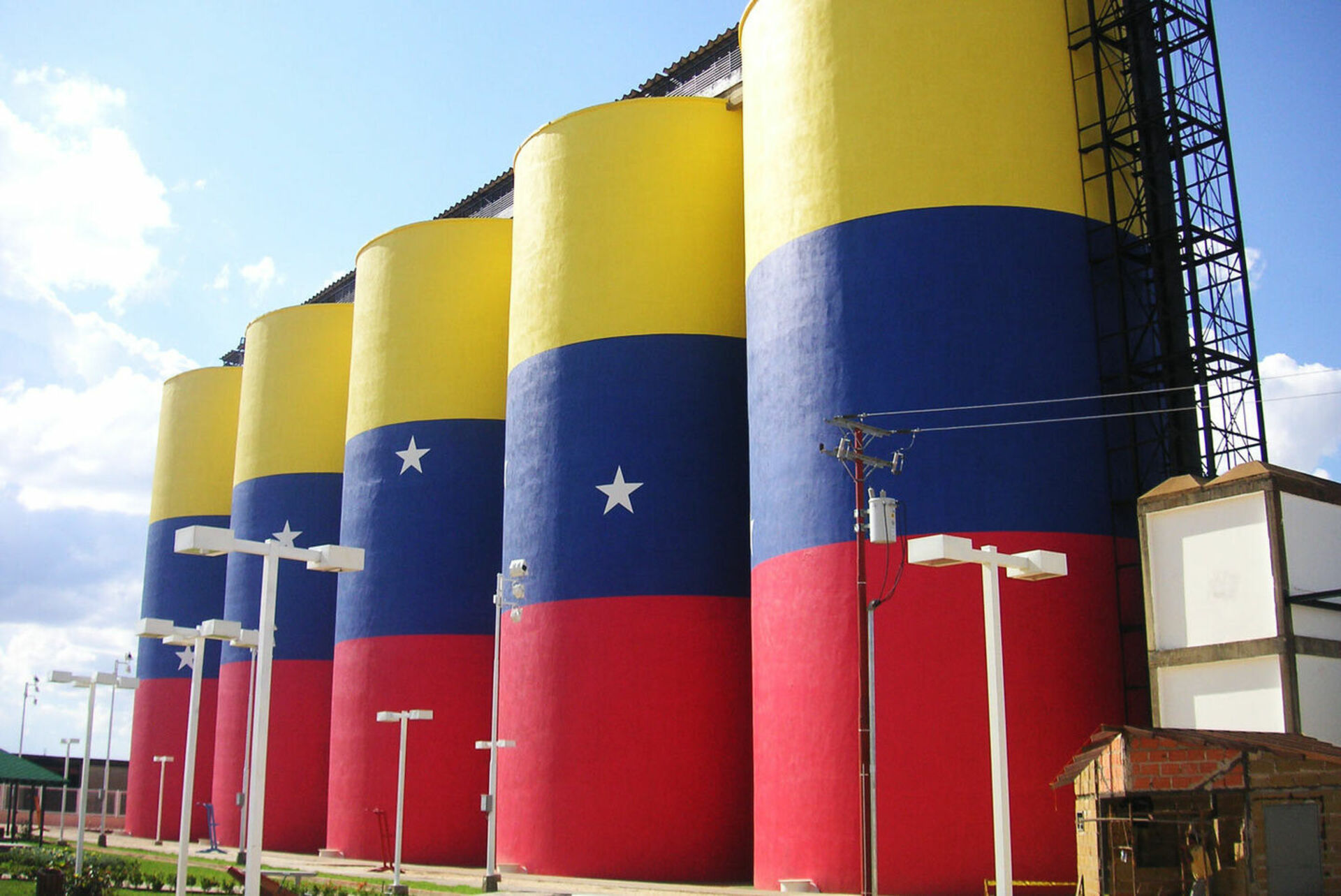
The world’s largest rodent can be found in Venezuela. The capybara can grow up to 1.4m long and weigh up to 65kg.
Another unfinished building in Caracas, The Helix (El Helicoide), was conceived in the 1950s to be a shopping mall housing 300 boutique shops. Instead, the building became a homeless shelter, a prison, police headquarters and eventually a torture chamber, described by former inmates as ‘hell on earth’.
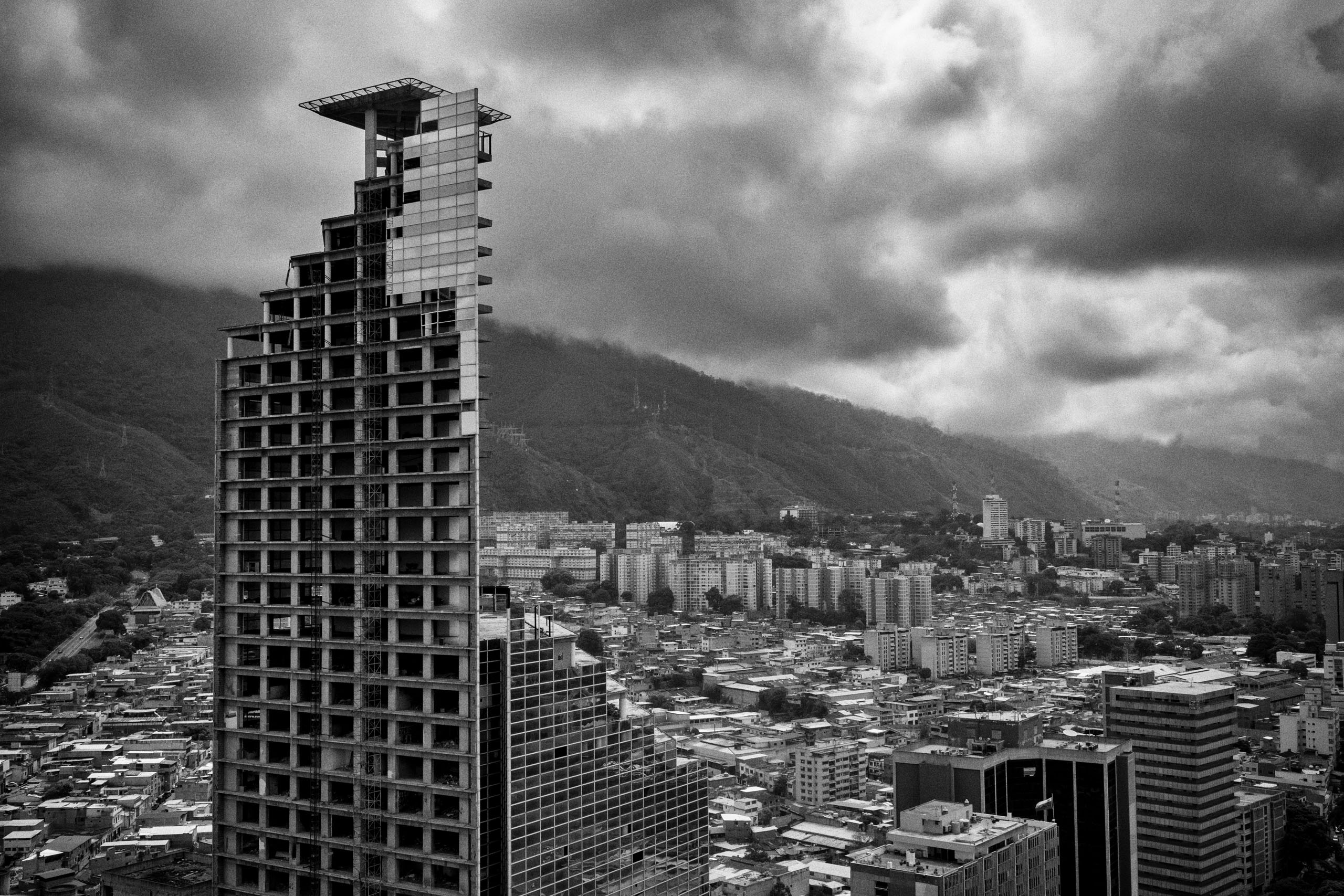
50% of amphibian and 23% of reptilian species in Venezuela are endemic, meaning they are not found anywhere else in the world.
Venezuela has the world’s cheapest gasoline (petrol). For years the price has averaged around $0.01 per litre.
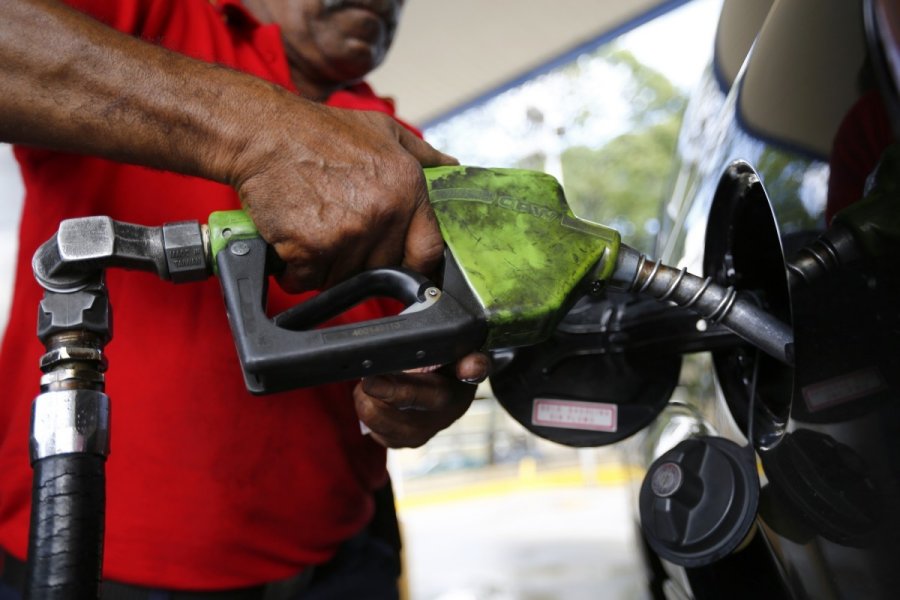
The most electric place on Earth is in Venezuela. Where the Catatumbo River meets Lake Maracaibo, lightning flashes up to 28 times a minute. Known as the Beacon of Maracaibo, the Catatumbo lightning or the ‘everlasting storm’, there is an average of 260 storm days per year.
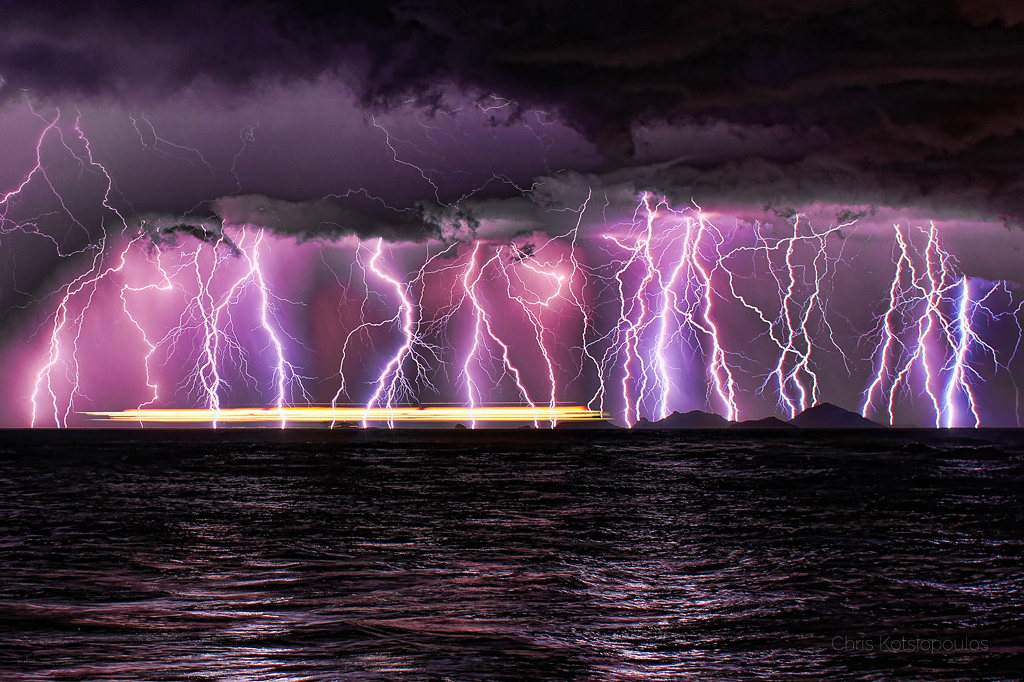
In recent years, Venezuela has struggled economically and suffered from hyperinflation. In 2020, a UN survey found a third of Venezuelans – 9.3 million people – were not getting enough to eat.
Venezuela has some of the most dangerous roads in the world (7th) and the most dangerous in South America.
